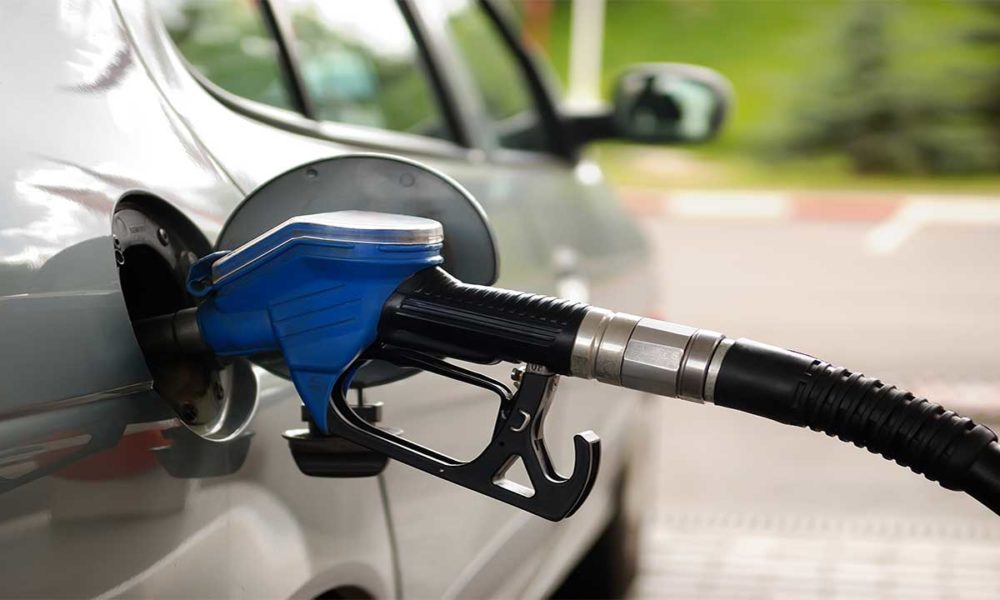Economy
‘Nigeria Keen on Downstream Deregulation, Liberalisation’

- ‘Nigeria Keen on Downstream Deregulation, Liberalisation’
The Department of Petroleum Resources (DPR) has indicated that Nigeria has not given up on its intention to fully liberalise its downstream oil sector, as well as introduce price deregulation.
But the agency did not give a timeline for that to happen.
It said this amongst others were part of the country’s target in her oil and gas industry. It also gave reasons why several attempts to eliminate the uneconomical practice of flaring natural gas from oil fields in the country were not successful.
According to a presentation made recently by the Director of DPR, Mr. Mordecai Ladan, at a Technical Symposium organised in Lagos by the Society for Petroleum Engineers (SPE), Nigeria in the upstream oil sector, aspires to raise its oil reserves to 40 billion barrels; grow gas reserves to 200 trillion cubic feet (TCF) by 2020; and raise daily oil production capacity to four million barrel (mb).
In the midstream, Ladan, noted that the country would pursue a gas monetisation drive and eliminate routine flaring of gas by 2020. It would also ensure domestic gas supply sufficiency for power generation, commercial users, and other gas based industries, as well as push to achieve 50 per cent of domestic crude oil refining capacity.
In the downstream, he explained that, “full price deregulation and liberalisation; integrated petroleum products/gas distribution networks; petroleum products supply sufficiency,” would be pursued by the country.
Currently, data from the Nigerian National Petroleum Corporation (NNPC) shows the country heavily relies on imported petroleum products especially petrol to run her domestic economy.
The country also subsidises domestic petrol consumption which the World Bank had said cost her national treasury N731 billion in 2018 to maintain.
This has also led to calls on her by key local and international agencies such as the International Monetary Fund (IMF) to end the practice of petrol subsidy and allow for downstream market deregulation.
Also, Ladan gave reasons why the country’s attempts to eradicate flaring of natural gas at her oil fields failed in the past.
He said chief amongst the reasons were that gas was regarded as an unwanted by-product of oil and this was further amplified by the euphoria on the discovery of oil.
According to him, there was also, “unwillingness of operators to re-inject gas or utilise – no interest in conservation; poorly developed gas market and network of Infrastructure. Lack of cost-effective means of transporting gas to market.
“Quick returns on investment from oil production. Government avoiding disruption from oil revenues,” he said were also parts of the reasons for the past failures.
Despite the setbacks, Ladan however said that Nigeria has outperformed many countries in optimising associated gas for own consumption and export, but that the most viable option was the development of a flare gas-to-market solutions driven by a robust regulatory framework as contained in the Nigeria Gas Flare Commercialisation Programme (NGFCP).
He said while there are 178 onshore and offshore gas flare sites spread across the Niger Delta, the NGFCP would upon its implementation ensure zero routine gas flaring in Nigeria by 2020; result to positive impact to communities in the Niger Delta; and monetise wasted gas resources.